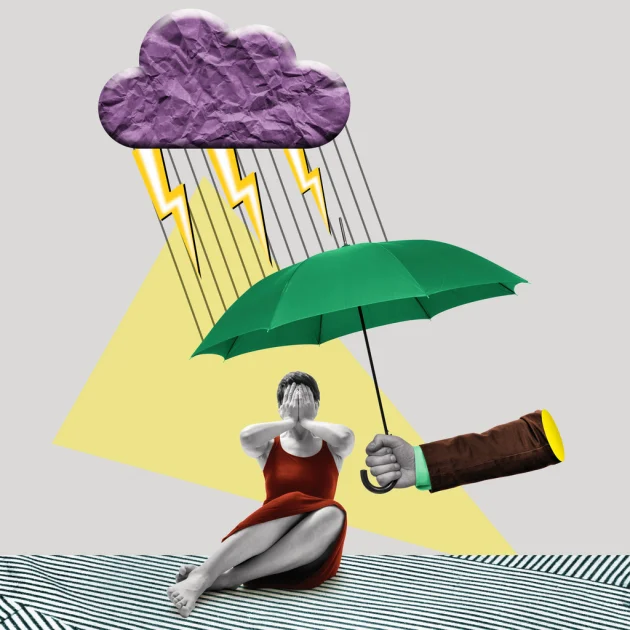When Art Becomes a Burden: Overcoming Mental Blocks as an Artist

Art is often seen as a form of expression and creativity, a way for artists to convey their thoughts, feelings, and ideas to the world. However, at times, creating art can become a burden for artists, leading to mental blocks and creative barriers. This article explores the causes and effects of these mental blocks and offers strategies for overcoming them.
Causes of Mental Blocks
Mental blocks can occur due to a variety of reasons, such as:
- Overthinking: Often, artists get bogged down with their thoughts and tend to overthink the process, leading to anxiety and stress. This overthinking can lead to a lack of creativity and make it challenging to produce new work.
- Self-Doubt: Self-doubt is a common issue that artists face, which can lead to a lack of confidence in their abilities, resulting in creative blocks.
- Perfectionism: The constant need for perfectionism can lead to anxiety and stress for artists, leading to creative blocks.
- External Pressure: Artists may feel the pressure to produce work that meets external expectations or deadlines, which can be overwhelming.
Effects of Mental Blocks
Mental blocks can have several effects on an artist, such as:
- Decreased Creativity: Mental blocks can lead to a lack of creativity and make it challenging to produce new work.
- Procrastination: Procrastination is often a result of creative blocks, as artists may find themselves struggling to start a new project or complete an existing one.
- Frustration and Stress: Creative blocks can lead to frustration and stress, as artists may feel stuck and unable to produce the work they desire.
Strategies for Overcoming Mental Blocks
- Practice Mindfulness: Mindfulness meditation can help artists quiet their minds and reduce anxiety and stress, leading to a more relaxed state that is conducive to creativity.
- Experiment with Different Techniques: Trying out new techniques and mediums can help artists break out of their creative rut and find new inspiration.
- Set Realistic Goals: Setting realistic goals can help artists break down larger projects into smaller, more manageable tasks, making it easier to overcome creative blocks.
- Seek Feedback and Support: Getting feedback and support from other artists or creative professionals can help artists gain a new perspective and find new ways to overcome mental blocks.
- Take a Break: Sometimes, taking a break from creating can be helpful in overcoming mental blocks. This break can be anything from a day off to a longer vacation, allowing the artist to recharge and come back to their work with a fresh perspective.
Conclusion
Mental blocks are a common occurrence for artists and can lead to frustration, stress, and a lack of creativity. However, by practicing mindfulness, experimenting with different techniques, setting realistic goals, seeking feedback and support, and taking breaks, artists can overcome these mental blocks and continue to produce their best work. Remember, mental blocks are a natural part of the creative process, and overcoming them can lead to new and exciting breakthroughs in an artist's work.


